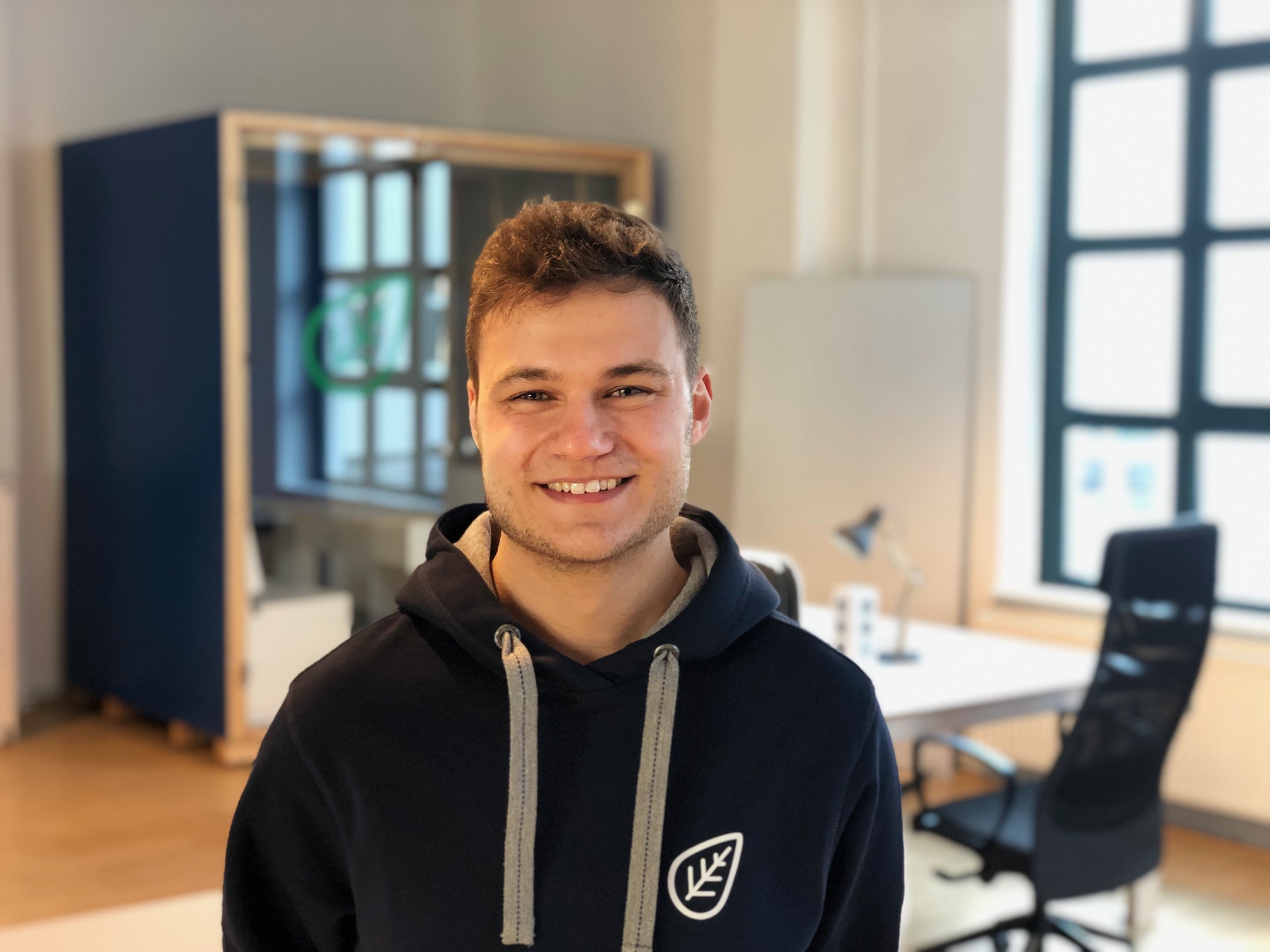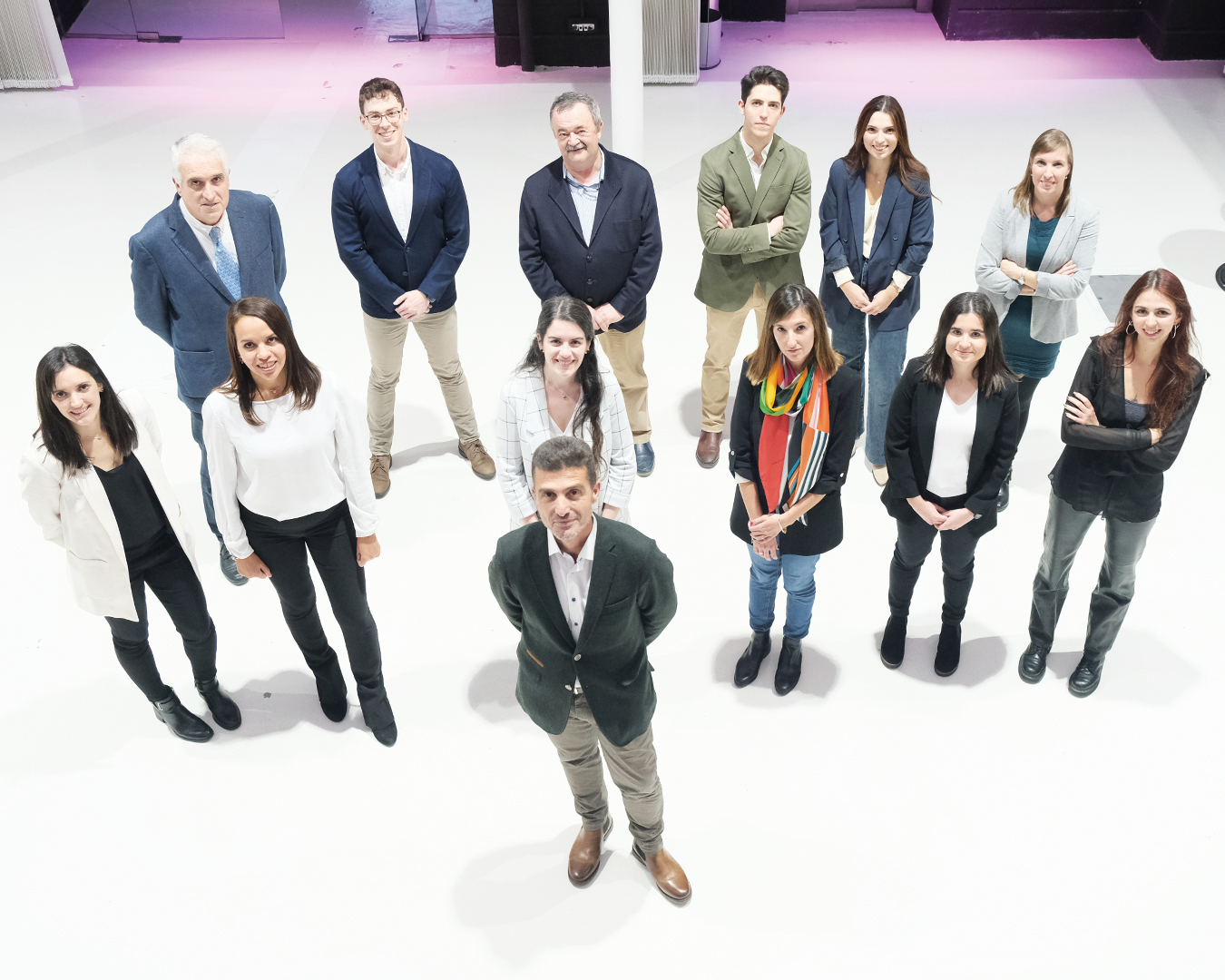Imagine a world where everything we use gets a second life. This is the vision behind the circular economy as “a model of production and consumption, which involves sharing, leasing, reusing, repairing, refurbishing and recycling existing materials and products as long as possible”.
What is urban mining?
Urban mining refers to the systematic extraction of precious materials from various sources within urban areas. Unlike traditional mining, which involves extracting resources from the earth's crust, urban mining focuses on reclaiming, recycling, and repurposing materials from electronic waste, construction debris, or even old clothes and fabrics. It encompasses a range of activities, from dismantling electronic devices to salvaging materials from demolished buildings, all aimed at recovering valuable resources and reducing the burden on natural ecosystems.
During our latest webinar, we covered several topics in the field of urban mining, starting with the topic of underground deposits/landfills from the perspective of our industry partner K+S and their concrete challenges. They were followed by Re-Fresh Global, a textile recycling startup with locations in Europe, Israel and the United States. While widening the scope of urban mining but still playing a major role in the circular economy, PROTEEN, a startup recycling organic waste into valuable fertilizers, was presenting its solution.
Before jumping to our webinar about the future of urban mining, we tell you the history of a small island in the Pacific that serves as a perfect example of finite resources and the outstanding importance of urban mining & the circular economy for a sustainable future.
Linear Economy & Finite Resources: Lessons from the Small Pacific Island Country Nauru

Visualisation of Nauru in 1920 (left) and 1990 (right)
Created with the assistance of Dall-E 3
A poignant example of the consequences of failing to manage finite resources is the small and remote island nation of Nauru, home of around 10,000 people in the Pacific. In the 20th century, Nauru experienced significant economic prosperity due to its phosphate mining industry. The phosphate reserves became a valuable resource and delivered the macronutrient to agricultural fields around the globe, propelling Nauru to become one of the wealthiest countries in terms of GDP per capita.
However, the over-extraction of phosphate eventually led to the depletion of Nauru's primary economic resource. By the late 20th century, the phosphate reserves were nearly exhausted, and the country faced severe economic and environmental challenges. The landscape was left heavily scarred, with large parts of the island rendered uninhabitable due to mining activities. The collapse of the phosphate industry resulted in a financial and social crisis, with the remote country struggling to find alternative sources of income while dealing with extensive environmental damage - serving as a good example for the resource curse theory.
Nauru's experience serves as a stark small-scale reminder of the finiteness of resources on earth, the importance of sustainable resource management and the need for practices like urban mining. By reclaiming materials from waste and reintegrating them into production cycles, urban mining can help avoid the downsides of resource depletion and promote long-term economic and environmental sustainability. Check out the challenges & solutions during our urban mining webinar below!
The Corporate Challenge: Urban Underground Mining - Extracting raw materials from waste
Urban underground mining presents a unique challenge and opportunity for sustainability, particularly in the context of extracting raw materials from former waste. K+S, a leading fertilizer company and RootCamp partner exemplifies their approaches to managing and recovering valuable materials from industrial waste. Old underground mines, where minerals like potassium and salt were previously extracted for fertilizer production, are now crucial storage sites for various types of mineral and toxic waste, managed by the K+S joint venture REKS.
Ralf Wetzig, Joint Venture Coordinator of REKS, explains how waste is meticulously analysed and archived, creating a comprehensive record of the stored materials. This allows them to estimate the raw material content and recovery costs, enabling startups and recycling companies to assess their business cases. In the last decades, 60000 metric tons were already recovered from previously disposed waste as new recycling technologies were identified, providing for example recycled copper, steel and lithium back to the economy.
The main types of waste in their underground landfills in Germany (Hesse and Saxony-Anhalt) include hazardous fibre waste, electroplating waste, hardening salt residues, cyanide or mercury-containing waste, residues from the steel and metal industry, filtration residue, contaminated soil and building rubble, and filter dust.
RootCamp is actively seeking innovative recycling startups capable of recovering raw materials from waste stored in former K+S mining sites. Are you ready to tackle this challenge and contribute to sustainable resource management? Apply by the 30th of May for our acceleration program!


Underground archive of samples and underground storage of waste, K+S
Re-Fresh Global: Utilization of textile waste through a biotechnological enzymatic hydrolysis process
Did you know that only about 1% of textiles are recycled into new clothes, while over 80% end up in landfills or are incinerated? This stark reality has driven the European Union to develop Extended Producer Responsibility (EPR) schemes, which mandate better disposal, recycling, and reuse of textiles post-consumer use. This regulatory shift is a key motivator for Re-Fresh Global, a pioneering textile recycling startup with operations in the EU, Israel, and the United States.
Re-Fresh Global, founded together with others by Viktoria Kanar, has developed a 3-step technology to address the textile recycling issue. Viktoria explains that the process begins with a pre-mechanical treatment, followed by a biotechnological enzymatic hydrolysis, and concludes with a filtration step. This method yields three valuable products:
Nanocellulose: Used in packaging, paper, and coatings, this material offers sustainable alternatives to traditional resources.Bio-ethanol: Utilized in perfumes, biofuels, and sanitizers, it provides a greener option for multiple industries.
Non-woven Fiber Pulp: This versatile material finds applications for textiles in the automotive industry, as fillers, and in furniture manufacturing.
PROTEEN: Transforming organic waste into valuable fertilizer
Although “Urban Mining” typically refers to the recovery of long-term mineral materials, we were thrilled to have Tommie Hooft and Philipp Straub, the founders of PROTEEN, in the webinar. PROTEEN recovers essential nutrients for organic fertilizer from municipal organic waste. RootCamp is deeply engaged in the biologisation of the economy, a key initiative by the German Government to leave the fossil world behind. That’s why we have a broader perspective on Urban Mining and include organic waste streams from urban areas as well, aligning with sustainability trends and governmental policies.
PROTEEN began its journey in 2017 with the mission to provide cost-effective organic fertilizers using regional organic resources to farmers in Uganda. Their patented process converts organic waste into “supercharged fertilizer” within greenhouses using black soldier flies, completing the cycle in just about a month. This method is significantly faster than traditional composting, requiring less space and capital while producing decentrally a dry, nutrient-dense fertilizer. An added benefit is the chitin content from the black soldier flies' exoskeletons, which improves soil quality by enhancing water retention.
RootCamp has initiated a pilot project between PROTEEN and the Ugandan K+S subsidiary Grainpulse. The objective is to develop a cost-effective product that combines PROTEEN's organic fertilizer with Grainpulse's mineral fertilizers, creating a so-called organo-mineral fertilizer. This project is poised to set new standards for sustainable fertilizers, advancing circularity and biologisation in agriculture. The potential impacts include increased agricultural productivity, reduced environmental footprint, and a role model for other regions to be replicated.
Missed the webinar? Watch it on vimeo!
Are you a startup in Urban Mining? Apply for Batch#6
We are not only looking for startups solving the challenge of our corporate partner K+S in Urban Mining but also for startups in the fields of AgTech, Bioeconomy and Circularity. We’ll support you with our cost- and equity-free acceleration program through individual coaching sessions and connections to the most relevant industry networks. The program starts on the 21st of October, finishing with the final Demo Day on the 29th of January in 2025. But that might not be the end of our journey: If we see strong synergies between you and our corporate partner, the acceleration program can be followed by a pilot project with a budget of up to 40k €!
Sounds good? Apply by the 30th of May!
/rootcamp_logo_white_2022.png?width=2123&height=630&name=rootcamp_logo_white_2022.png)

/RC%20logo%202022.png?width=2325&height=703&name=RC%20logo%202022.png)




